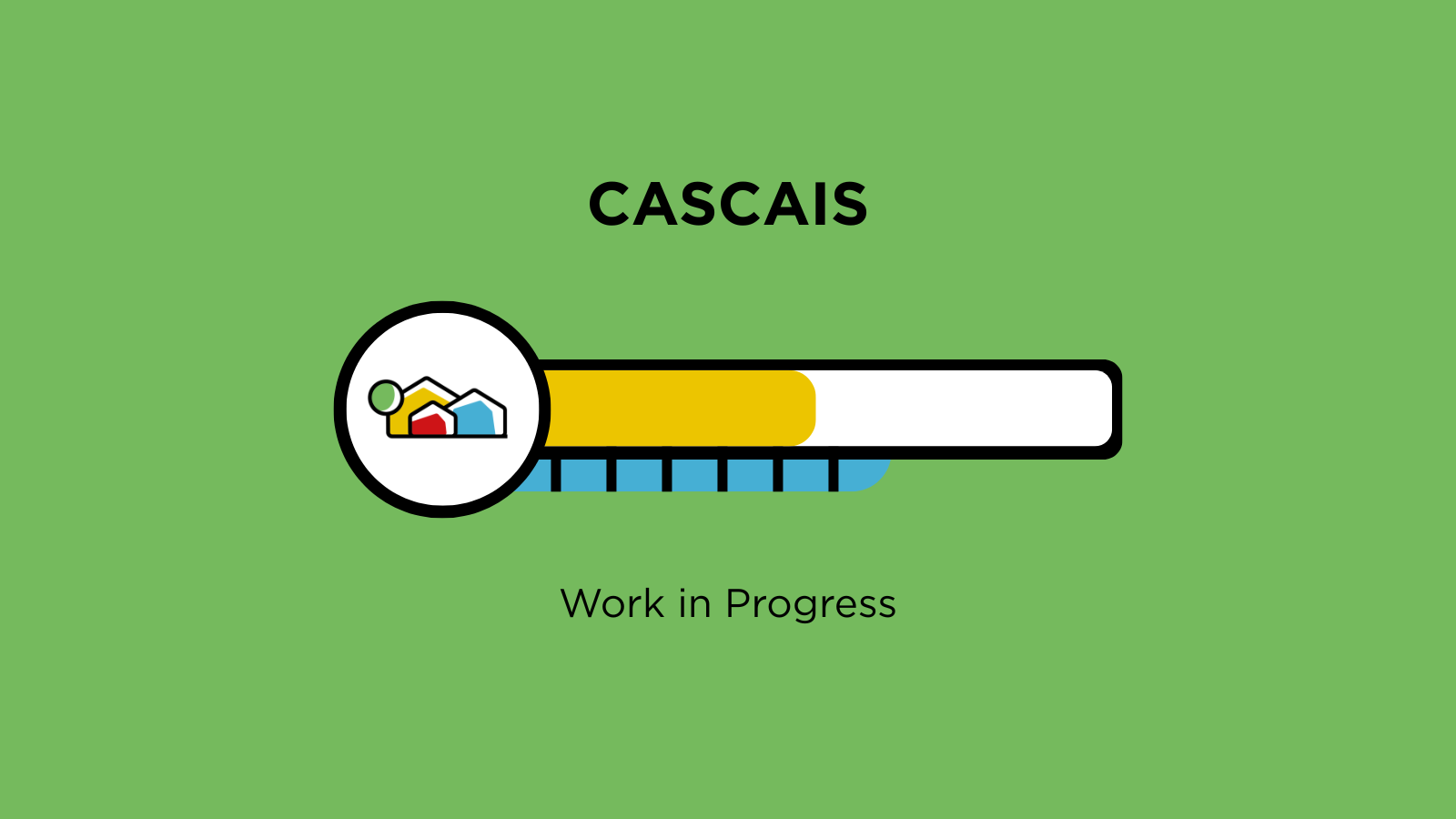
23.07.2025
Cascais Demo: A Model for Inclusive Energy Transition
Cascais is demonstrating how social housing neighbourhoods can become inclusive and energy-positive communities. Centred in the Alcabideche area, the initiative addresses energy poverty, improves living conditions, and fosters citizen participation in the energy transition.
A detailed social survey reached 559 respondents, offering insights into energy poverty, comfort levels, and socio-economic vulnerability. These findings guide targeted actions such as home retrofitting, energy literacy workshops, and inclusive communication strategies reaching all residents, including the elderly, migrants, and digitally excluded groups.
Cascais' Urban WeGeneration Action Plan and Implementation Roadmap, completed in early 2025, outlines a comprehensive approach to turning Alcabideche into a Citizen Energy Community.
The renovated social housing buildings now feature insulated roofs and façades, new windows, and improved shared spaces. Photovoltaic systems are operational and ready for Collective Self-Consumption (CSC). The Digital Twin platform under development will engage citizens, technicians, and schools - allowing users to explore energy communities, assess rooftop solar potential, and learn about renewable energy.
Community engagement is key. A Neighbourhood Tutor (a local resident) acts as a bridge between residents and the project team, while Energy Cafés, co-creation workshops, and digital literacy sessions are being developed to increase awareness and participation.
In parallel, the team is collecting stories, videos, and testimonials to share how citizens are co-creating their energy future. Workshops, exhibitions and school activities all contribute to spreading this culture of collaboration.
Through WeGenerate, Cascais demonstrates how social innovation, citizen engagement, and technological integration can drive sustainable and equitable neighbourhoods, offering a replicable model for a fair energy transition across Europe.
SHARE THIS ARTICLE